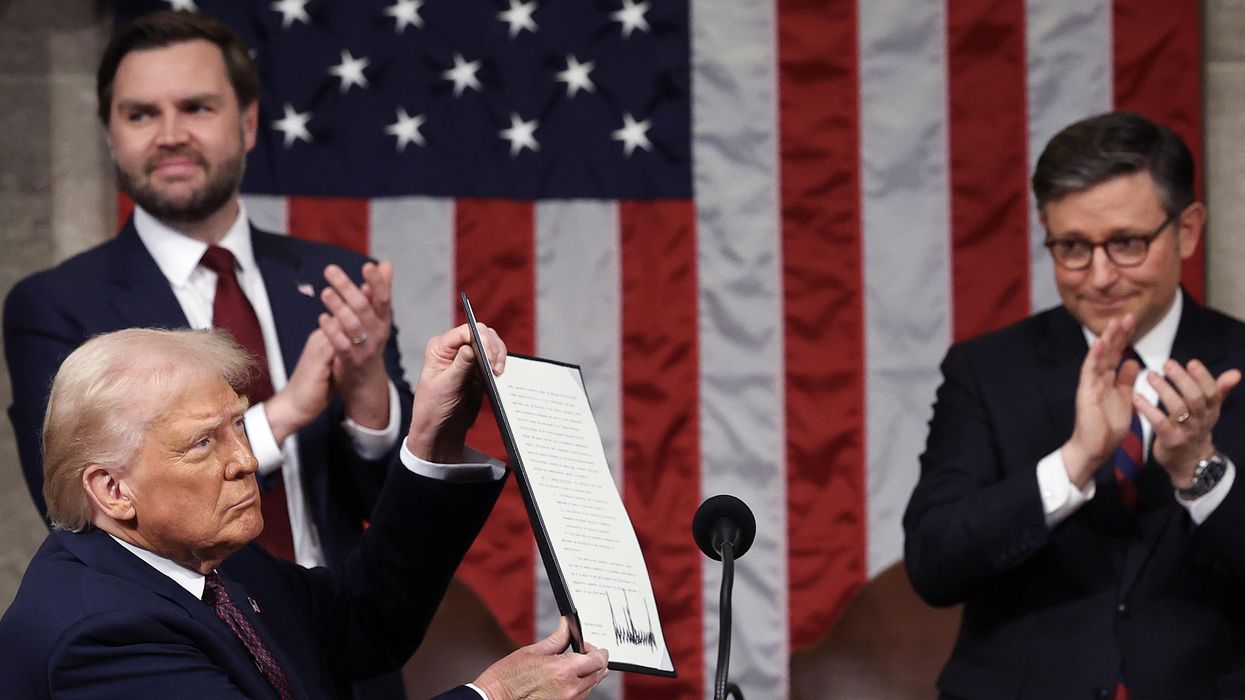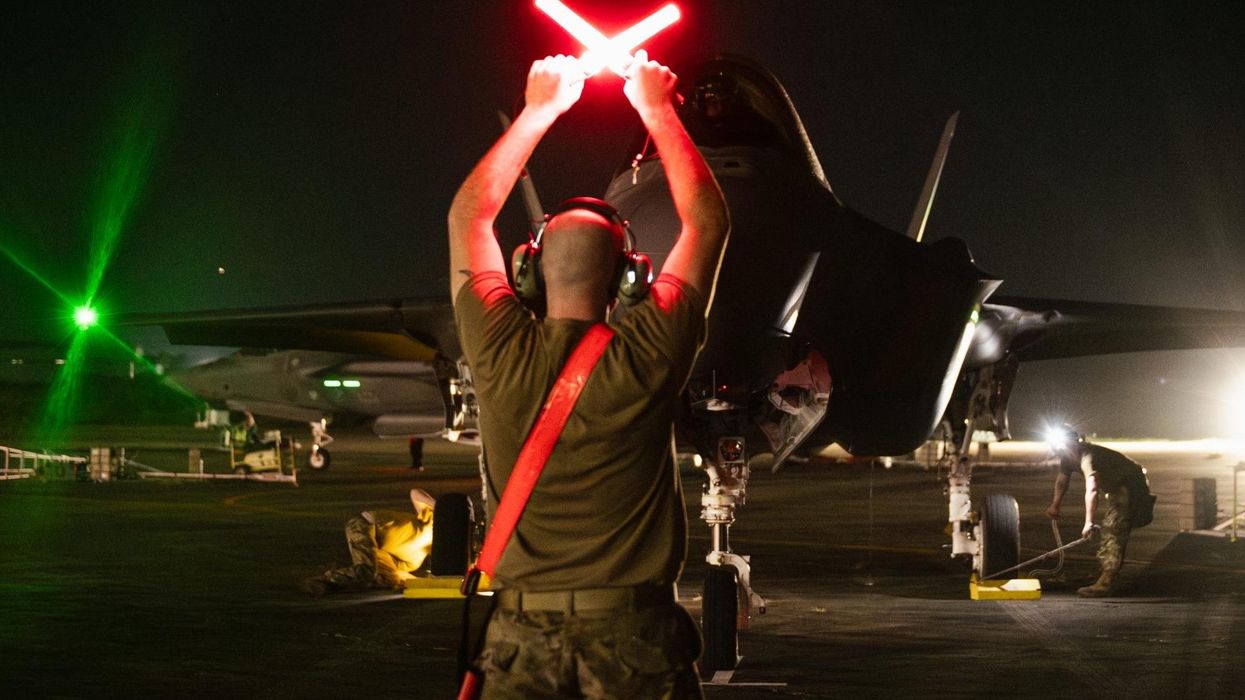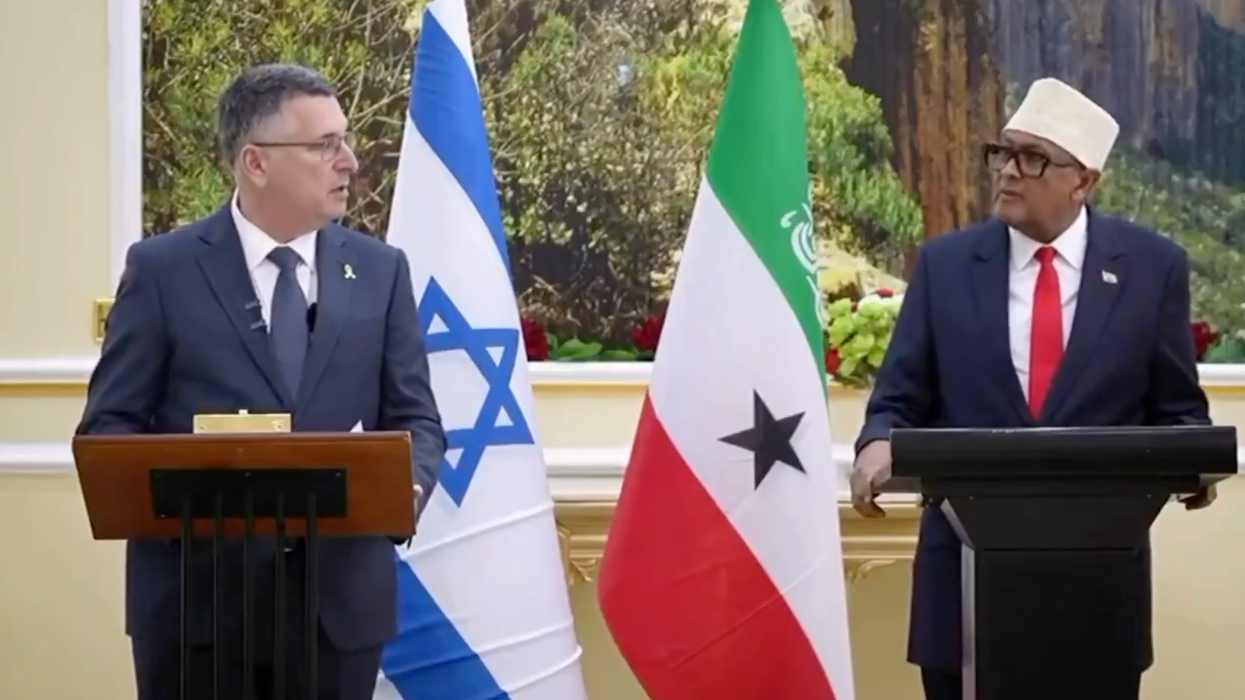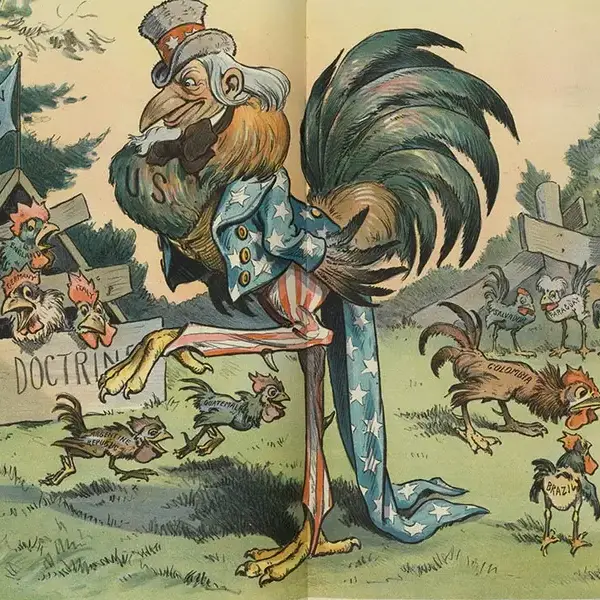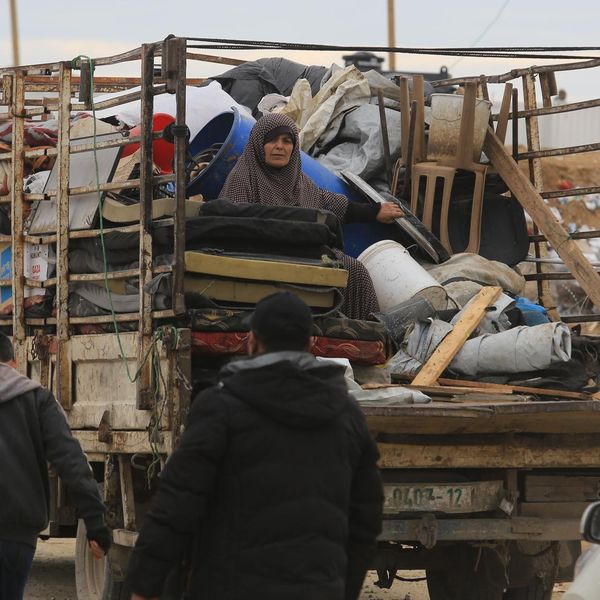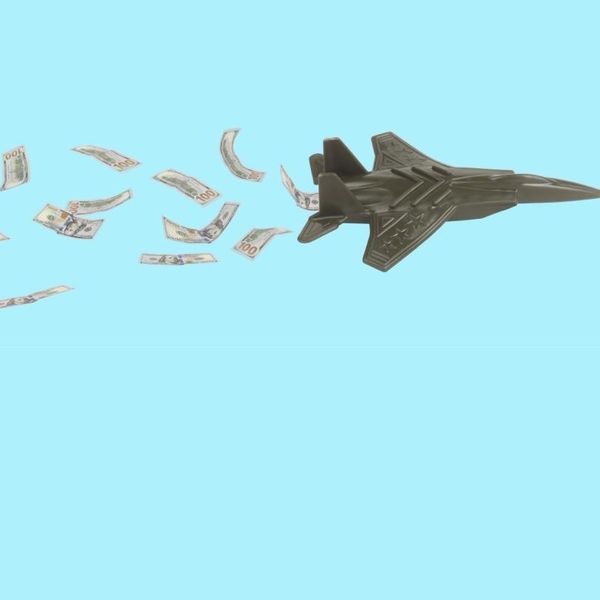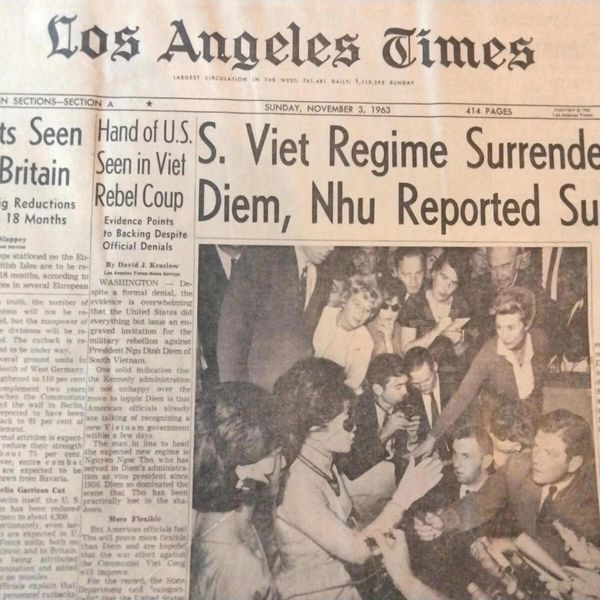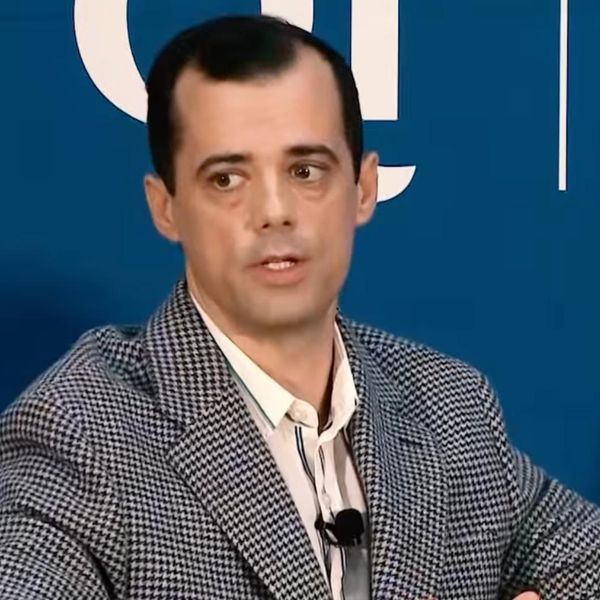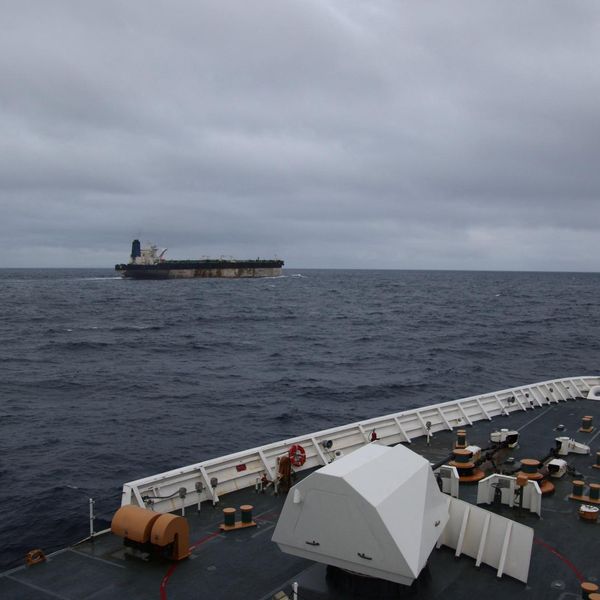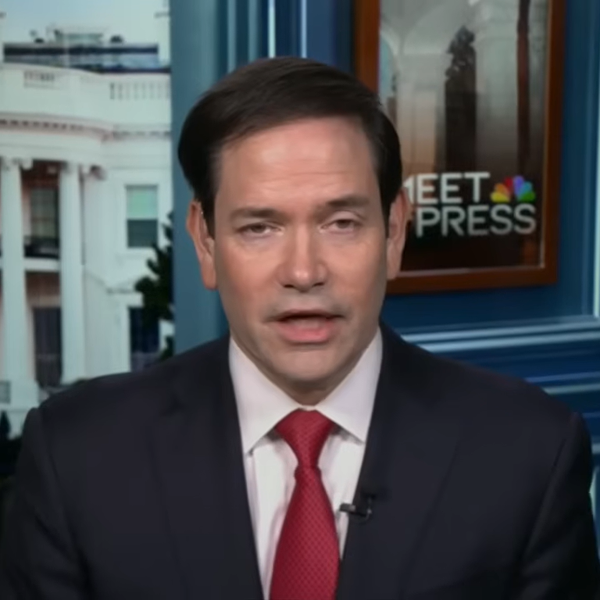Recent elections in Central Europe swept out incumbents, but in opposite directions, with the nearby Ukraine war and its impact on citizens and the economies never far from the political surface.
Poland’s liberal opposition managed to defeat the stubborn hold on power of the conservative nationalist party that has ruled since 2015. With the exception of the far-right Konfederacja party, the victors and the vanquished in Poland both support Ukraine’s war effort. However, the campaign period exposed some economic grievances related to supporting Ukraine’s European Union membership bid.
In Slovakia, former prime minister Robert Fico, whose SMER party combines social democratic welfare policies with conservative nationalism, defeated the pro-EU and pro-Ukraine incumbents by emphatically opposing further military aid for Ukraine.
Poland: Return to the European fold?
The victory of Poland’s liberal opposition in the October 15 parliamentary elections was momentous for the European Union, since it could signal the end of the uneasy relations with Europe under Poland’s conservative Law and Justice party (PiS).
The prospective coalition will be composed of the Civic Platform led by former Prime Minister Donald Tusk, along with the centrist Third Way coalition and the New Left bloc. Together, these three parties won 54% of the vote in a record turnout. Tusk, who served as president of the EU Council from 2014 to 2019, is committed to unblocking over 30 billion euros withheld by the EU pending the reversal of measures taken by PiS seen as having curbed judicial independence.
Although it has no obvious coalition partner, PiS got the largest share of votes of any single party at 35.6 percent, allowing their leader Jaroslaw Kaczynski to claim a victory of sorts. The Law and Justice party, having governed for eight years, will be formidable in opposition, in part because the PiS-aligned President Andrzej Duda’s term ends only in 2025. Even if Duda bows to the election arithmetic and allows Tusk and partners to form a new government, PiS can rely on the presidential veto and court challenges to hobble Tusk’s policy agenda.
Law and Justice took a stubborn anti-German stance while in power and has sought to depict Tusk and other liberal opponents as agents of Germany. Moreover, Kaczynski has long accused Tusk of conspiring with Russia to cause the Polish presidential aircraft to crash as it attempted to land in the Russian city of Smolensk in 2010. For several years prior to this event, Tusk had, as Prime Minister, pursued a limited rapprochement with Russia, part of his attempt to bring Polish diplomacy more into alignment with that of France and Germany.
A rare exception among nationalist-populist parties in Europe, PiS enthusiastically pushed for greater and more advanced weapons deliveries to Ukraine. However, during the election campaign this fall, PiS exploited Ukraine fatigue among Polish farmers calling for barring Ukrainian grain from the Polish market. In mid-September, in the midst of the electoral campaign, Duda likened Ukraine to a drowning man that risked taking others down with it.
Polls indicate that many Poles resent the alleged economic impact of the roughly 1 million Ukrainian refugees resettled in the country. The Polish population seems to be torn between this resentment and the otherwise still solid support for Ukraine’s war effort. There are also unresolved historical grievances held by some Poles against Ukrainians. Insightful polling last year concluded that Poles love Ukraine but not Ukrainians. PiS in opposition will likely seek to block Ukrainian EU accession, which can easily be depicted as disadvantageous to Polish economic interests and will respond to the frustrations exposed by the swing in public opinion.
Slovakia’s elections move country away from Ukraine support
Slovakia’s elections of September 30 brought former Prime Minister Robert Fico’s SMER (Direction) party back to power in coalition with two other parties. Fico and his coalition partners — the social democratic Voice Party and the hard-right nationalist Slovak National Party — campaigned openly on halting military support to Ukraine and on resisting any new sanctions on Russia. The pro-EU and pro-Ukraine Progressive Slovakia finished a distant second.
Slovak public opinion shows a swelling Ukraine fatigue. Inflation, a weak economy and a general positive disposition among many Slovaks toward Russia are among the causes.
At his first EU summit on October 27, Fico announced an end of any further military support from Slovakia to Ukraine and called for the EU to press for a negotiated settlement. He pledged to oppose any new sanctions against Russia that would adversely affect Slovakia’s economy. In these positions, Fico and Hungarian Prime Minister Viktor Orban were in close alignment. Since matters of foreign and security policy in the EU are decided unanimously, Hungary and Slovakia have some leverage over policy outcomes.
How might the balance have shifted?
The Polish election result may well reinforce Poland’s already pronounced Atlanticist orientation. But Tusk’s government may also align Poland more closely with the somewhat more nuanced and reserved position taken by Germany on supporting Ukraine. Germany has been cautious to avoid escalation of the conflict in Ukraine and has only reluctantly come on board with the US in the provision of longer-range and more advanced weaponry. Poland, under its conservative government, publicly derided German hesitations. This may change under Tusk.
Chancellor Olaf Scholz and French president Macron have also championed intensified cooperation in defense-industrial modernization for Europe, a cause which Poland has not heretofore espoused. This could also change under Tusk’s leadership. But Tusk’s role will be under constant challenge, since PiS will hope to divide his coalition and bring forward new elections. The ongoing drag on the Polish economy will ensure that the question of balancing support for Ukraine with other objectives will not disappear from public discourse.
Kaczynski’s PiS was strongly in sympathy with Orban’s Hungary in decrying the imposition of the European normative agenda on the scope of their powers. But the two parties never began to close the gap between their views on questions of war and peace. Relations between the two countries will now be far less cordial.
Slovakia, on the other hand, is a small but unreserved ally for Hungary in resisting further military support for Ukraine. Fico has already fully committed Slovakia to opposing new military aid from the EU to Ukraine and any new sanctions against Russia. This will on balance reduce the marginalization of Hungary in the EU and in NATO.
The net effect of these two elections leave the disposition of Europe as a whole toward support for Ukraine still very much in play. Poland returns to the top table of European decision-making but in doing so will be expected to accommodate to some extent the views of Germany and France. Slovakia under Fico will offer important cover to Orban’s Hungary, which would otherwise be isolated.
- Ukraine-Poland row exposes history, limits of devotion ›
- Slovakia may join two other NATO countries at odds with Zelensky ›
- EU manages a muddled message of support for Ukraine - Responsible Statecraft ›
- What’s next after assassination attempt in Slovakia | Responsible Statecraft ›
- Pranked Sikorski says quiet part out loud about Kyiv's EU challenge | Responsible Statecraft ›
- Trumpism finds a home in Poland | Responsible Statecraft ›


